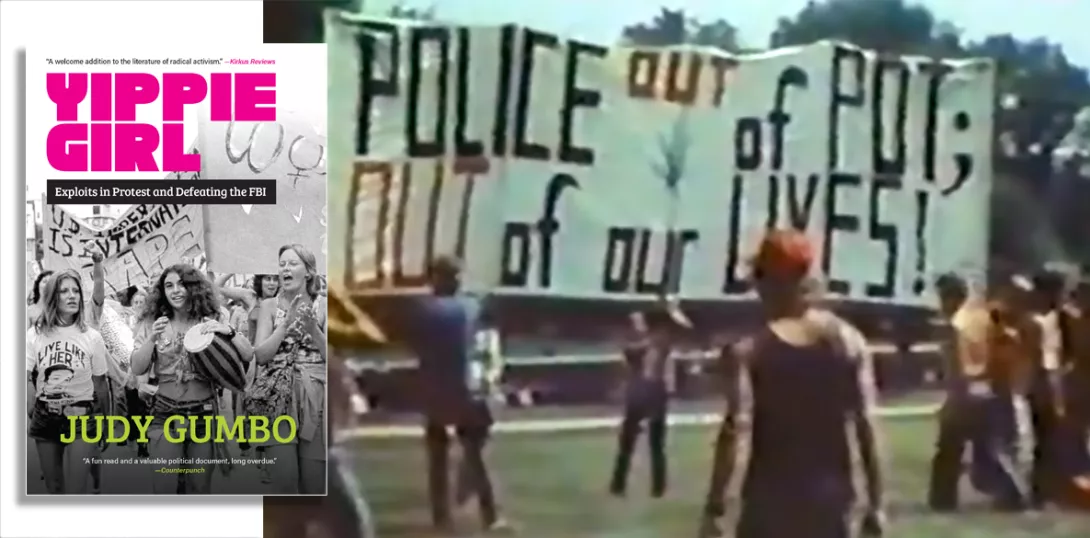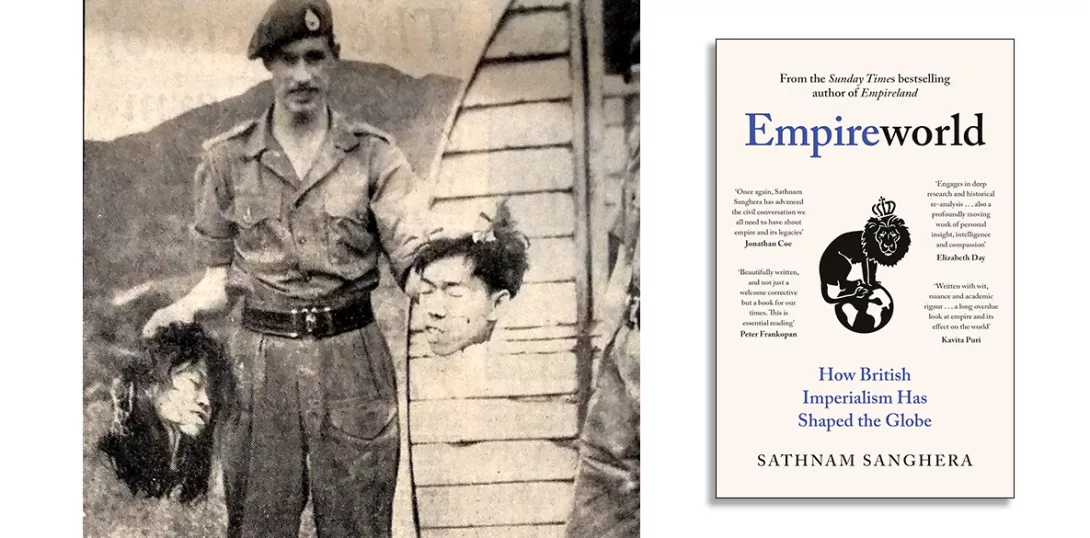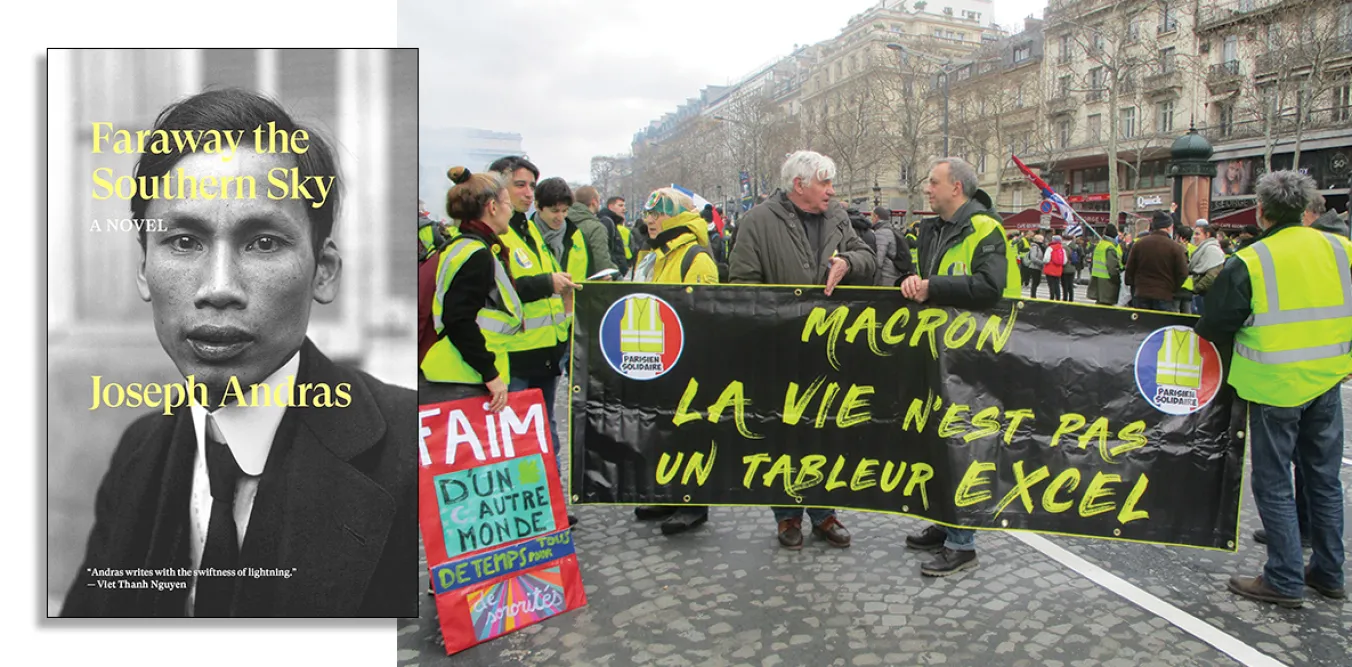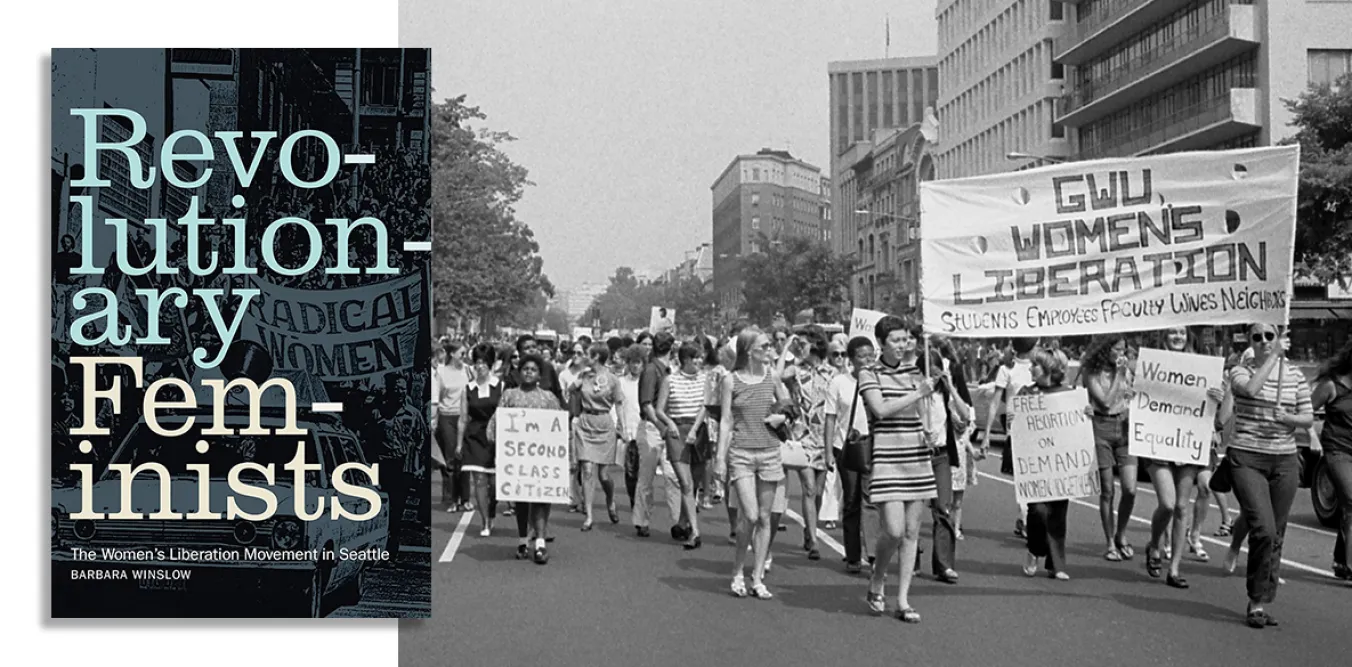
Yippie Girl: Exploits in Protest and Defeating the FBI
by Judy Gumbo
Three Rooms Press £11.99
IN THE male-dominated world of Abbie Hoffman, Jerry Rubin, Stew Albert, Bill Ayers, Bobby Seale, Eldridge Cleaver and the Berrigan brothers, women like Judy Gumbo, Kathleen Cleaver, Angela Davis and Bernardine Dohrn were personalities whose commitment was worthy of imitation.
The inspiration they provided went with me — as a high school pupil for US military dependents in Frankfurt am Main, Germany — to the anti-war protests I attended organised by German leftists and pacifists to coincide with the 1971 May Day actions against the war in Washington, DC and elsewhere around the US.
Gumbo’s is a joy to read. It is also an important and significant addition to the history of what is now known as the sixties. Part memoir and part confessional, it is mostly a history of the period told by one of its primary participants and instigators.
















